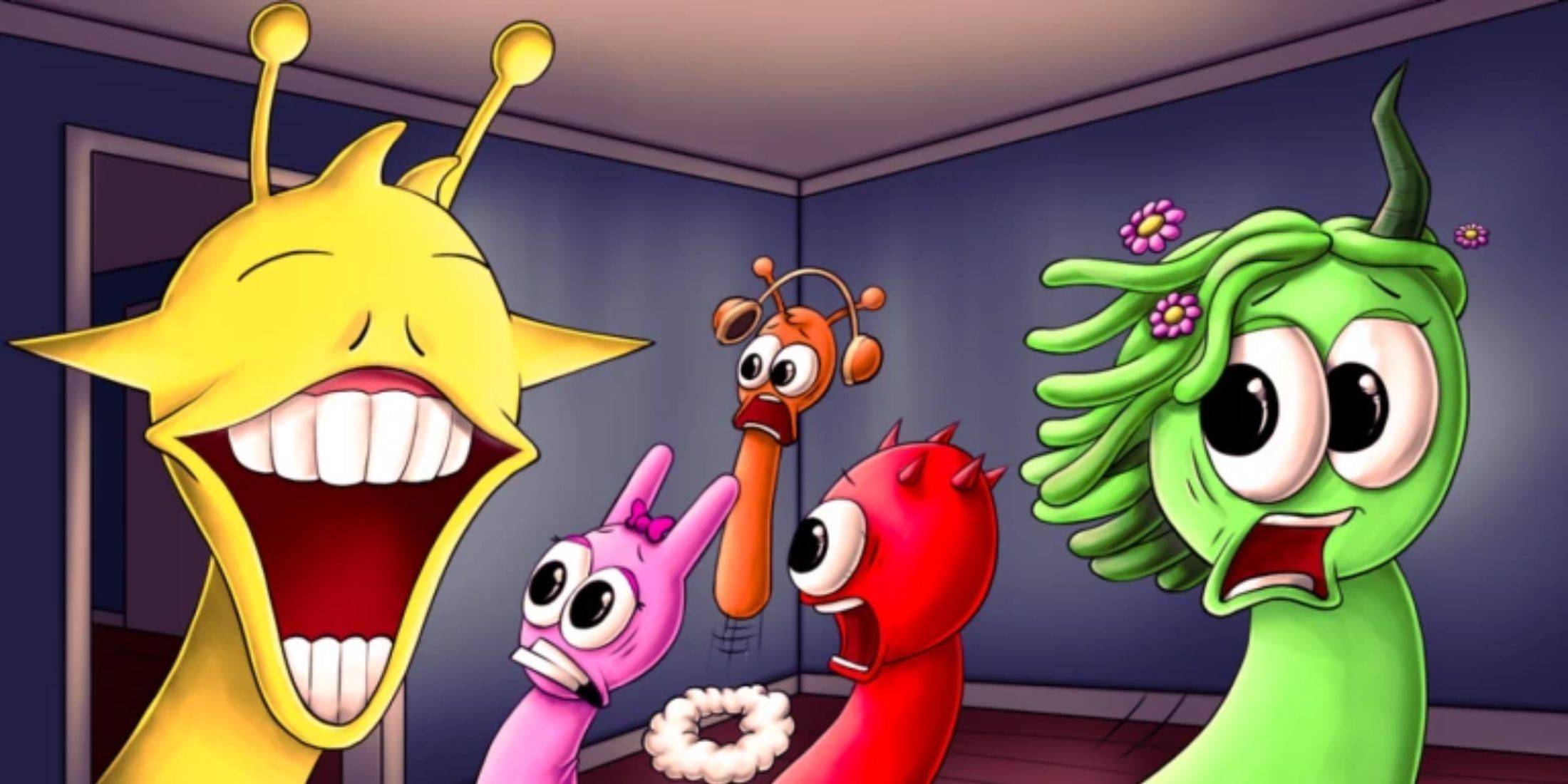In 1947, The Walt Disney Company faced a crippling $4 million debt, largely due to the underperformance of *Pinocchio*, *Fantasia*, and *Bambi*, a consequence of World War II and other factors. However, the release of *Cinderella* proved to be a pivotal moment, rescuing the company from potential ruin and securing its legacy.
As *Cinderella* celebrates its 75th anniversary, we reflect on its enduring appeal and its surprising parallel to Walt Disney's own journey. The film not only revitalized Disney but also offered a beacon of hope to a world rebuilding itself.
The Right Film at the Right TimeDisney's 1937 triumph, *Snow White and the Seven Dwarfs*, enabled the construction of the Burbank studio and fueled further ambitious projects. However, *Pinocchio*, despite its critical acclaim and awards, lost approximately $1 million despite a budget exceeding that of *Snow White*. *Fantasia* and *Bambi* followed suit, deepening the company's financial woes. World War II played a significant role, severely impacting European markets and diverting Disney's resources towards wartime productions.
"Disney's European markets dried up during the war, hindering the performance of films like *Pinocchio* and *Bambi*," explains Eric Goldberg, co-director of *Pocahontas* and lead animator on *Aladdin's* Genie. "The studio was also involved in creating training and propaganda films. Throughout the 1940s, they produced 'Package Films' – collections of shorts compiled into feature-length releases. These were well-made, but lacked the cohesive narrative of a traditional feature film."
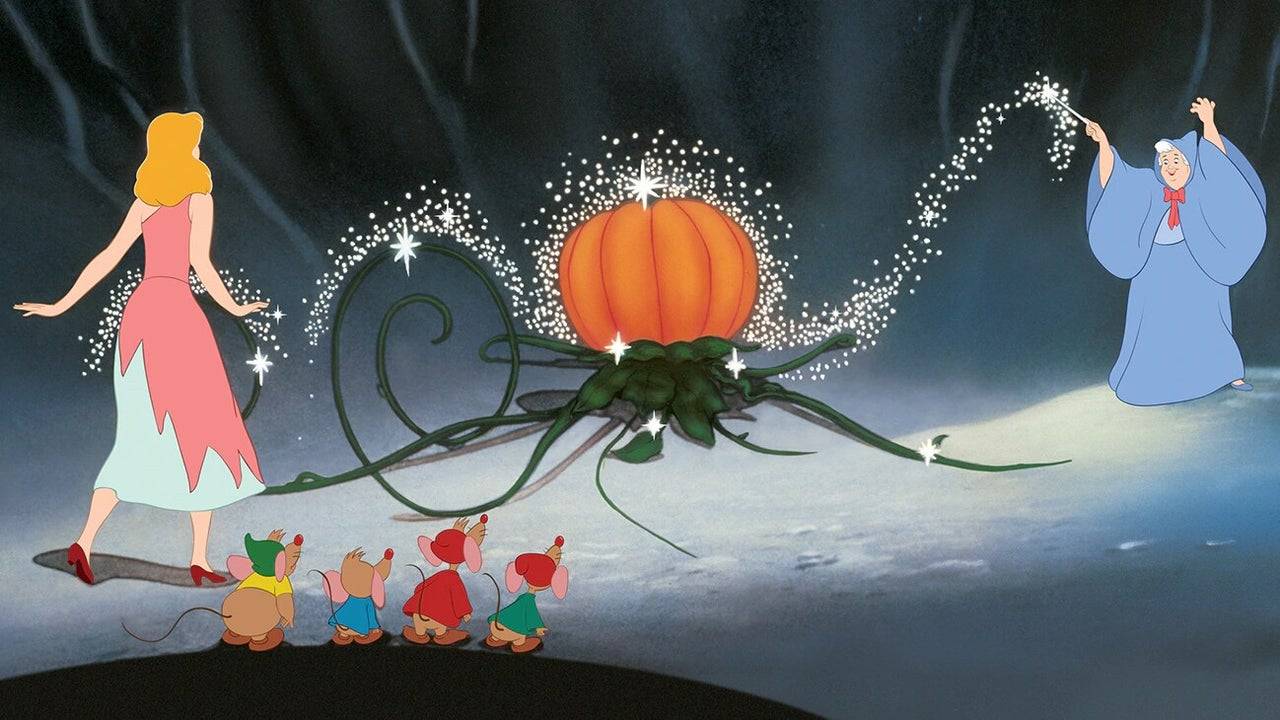
These Package Films, including those tied to the Good Neighbor Policy, helped stabilize finances but prevented the studio from focusing on full-length animated features. Faced with mounting debt and considering selling his shares, Walt Disney and his brother Roy opted for a high-stakes gamble: *Cinderella*, the studio's first major animated feature since *Bambi*.
"Walt recognized what post-war America needed: hope and joy," says Tori Cranner, Art Collections Manager at the Walt Disney Animation Research Library. "While *Pinocchio* is beautiful, it lacks the joyful spirit of *Cinderella*. The world needed a story of overcoming adversity, and *Cinderella* was the perfect choice."
Cinderella and Disney’s Rags to Riches Tale
Walt's fascination with Cinderella dates back to 1922, when he created a short at Laugh-O-Gram Studios. The story, adapted from Charles Perrault's classic tale, resonated with Walt's own journey, reflecting themes of perseverance and achieving dreams despite hardship.
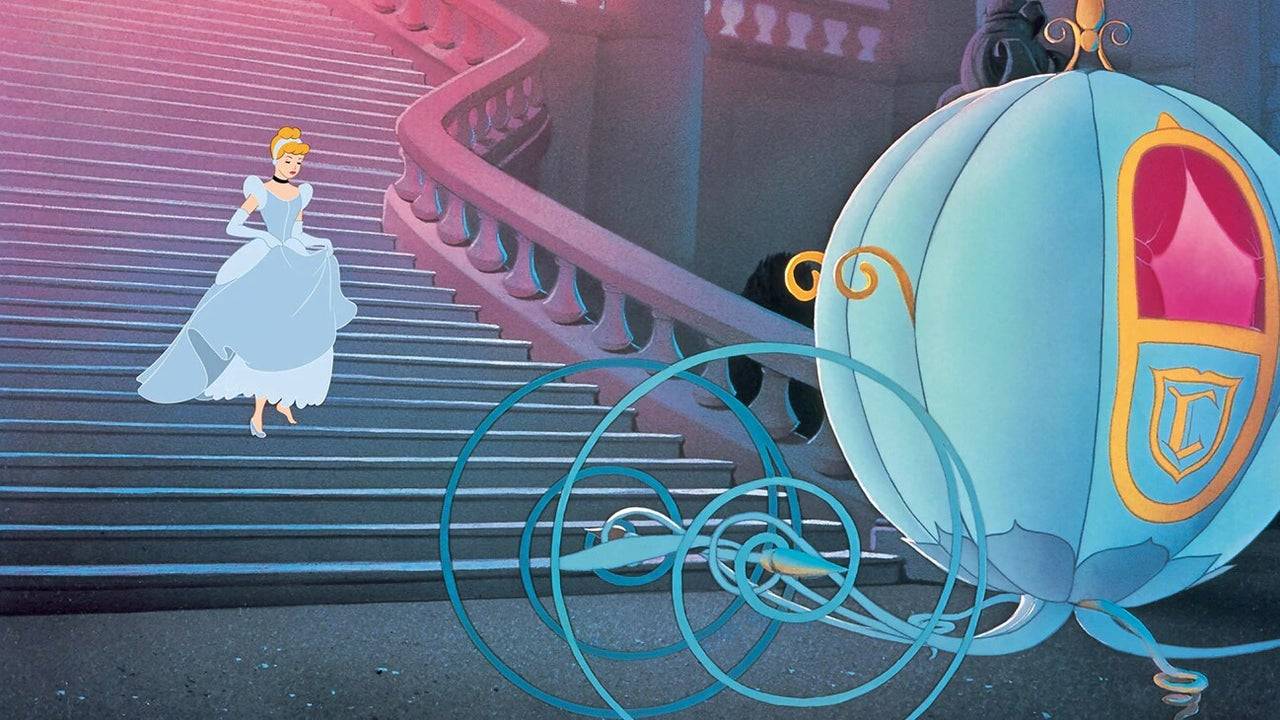
"Snow White was passive; Cinderella was proactive," Walt Disney once noted. "She believed in dreams, but also in making them happen."
Despite initial setbacks and a lengthy development process, *Cinderella* finally premiered in 1950. Its success was resounding, exceeding expectations and reviving the studio's fortunes. The film's universal appeal, enhanced by Disney's creative touches and modernization of the fairytale, contributed significantly to its triumph. The addition of charming animal companions, a more relatable Fairy Godmother, and the iconic transformation scene all played key roles in the film's success.
"Disney modernized these fairytales, making them palatable for all audiences," Goldberg explains. "He infused them with his own heart and passion, creating characters and stories that resonated deeply." The breaking glass slipper, a Disney addition, further emphasizes Cinderella's agency and strength.
The film's success marked a turning point for Disney, leading to a resurgence in feature-length animation and paving the way for future classics. Goldberg summarizes *Cinderella's* enduring message: "It's a story of hope, perseverance, and the realization of dreams."
75 Years Later, Cinderella’s Magic Lives On
Cinderella's impact continues to be felt throughout Disney's legacy, influencing even modern films like *Frozen*. The iconic transformation sequence in *Frozen*, notably the sparkles and effects surrounding Elsa's dress, draws direct inspiration from *Cinderella*.
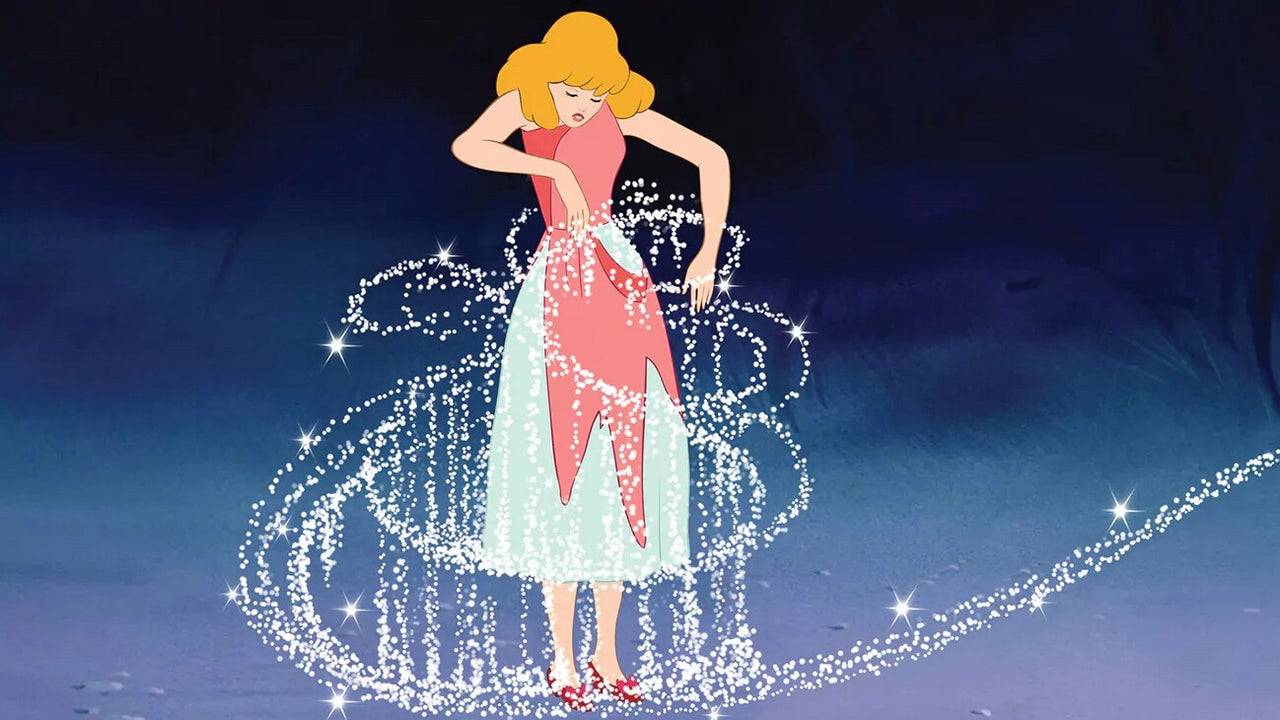
The enduring power of *Cinderella* lies in its message of hope and perseverance. It serves as a reminder that dreams can indeed come true, no matter the obstacles. It is a testament to the enduring power of storytelling and the impact of a single film on a company, a culture, and the world.





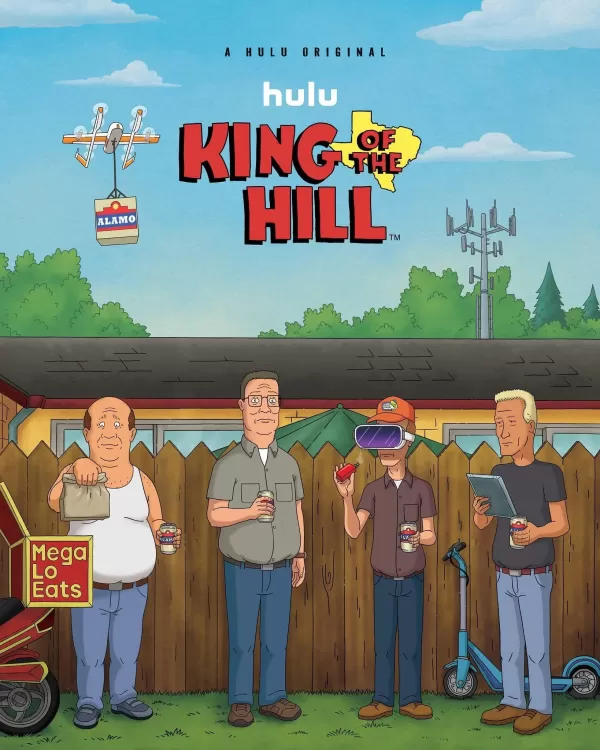


![Taffy Tales [v1.07.3a]](https://imgs.xfsxw.com/uploads/32/1719554710667e529623764.jpg)











